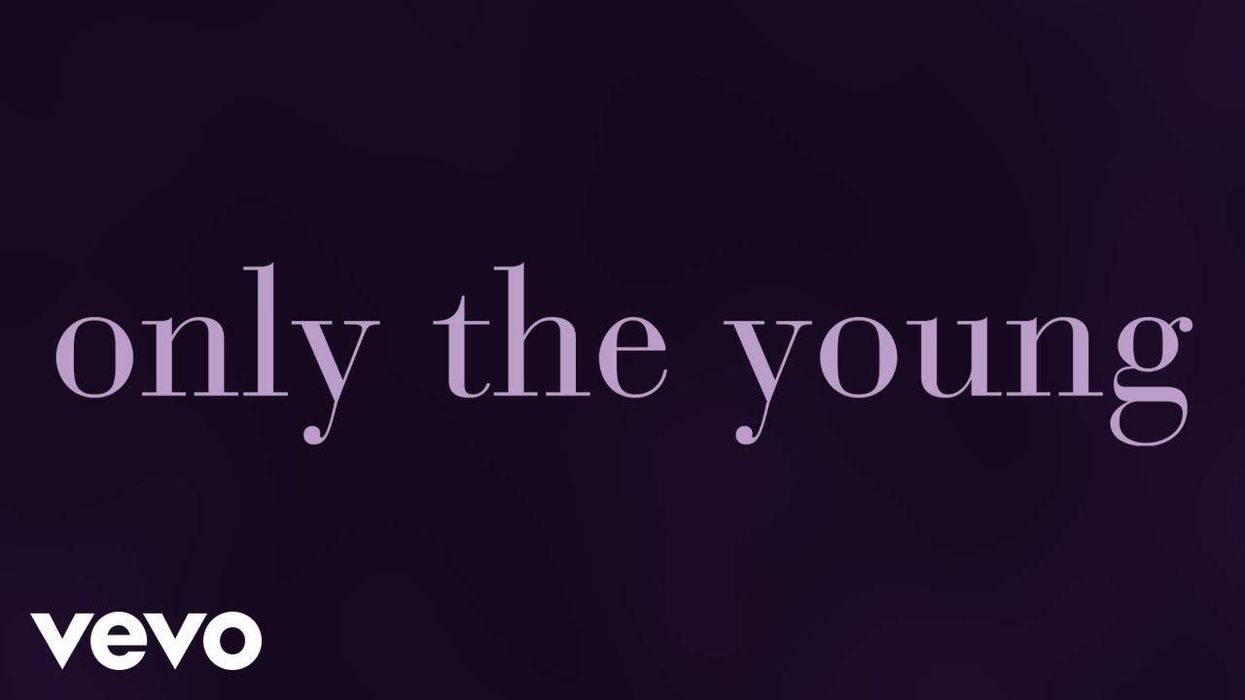Taylor Swift used to prefer not to speak of her political ideas. In 2012 she made that clear. "I don't talk about politics because it might influence other people," she told Time. "And I don't think that I know enough yet in life to be telling people who to vote for."
The first sign of a change happened in the fall of 2018 when rumors circulated that she was a big fan of MAGA and President Donald Trump. Shortly thereafter she put an end to that rumor and entered the political fray with an Instagram post calling out Sen. Marsha Blackburn from her home state of Tennessee for having voted against the Violence Against Women Act as well as LGBTQ-friendly bills:
"I can't see another commercial [with] her disguising these policies behind the words 'Tennessee Christian values.' I live in Tennessee. I am Christian. That's not what we stand for."
She went on to say "I need to be on the right side of history."
In 2020, at the age of 30 her hit song "Only The Young" portends a new desire to speak out on the issues most important to her as she urges young people to get involved and calls out to them with passion about her concern for the escalating gun violence in America:
So every day now
You brace for the sound
You've only heard on TV
You go to class, scared
Wondering where the best hiding spot would be
And the big bad man and his big bad clan
Their hands are stained with red
Oh, how quickly, they forget."
The strengthening and perhaps even the survival of our democratic republic depends on young people. They are our future. Yet in 2024 it is quite possible that we will have two men in their late 70s running for president of the United States.
Taylor Swift sings out unequivocally to the young in "Only The Young":
"Don't say you're too tired to fight
It's just a matter of time (can run)
Up there's the finish line
So run, and run, and run.
At a time when many suggest that young people are politically apathetic, "Only The Young" is a powerful message that our democracy so badly needs.




















Trump & Hegseth gave Mark Kelly a huge 2028 gift